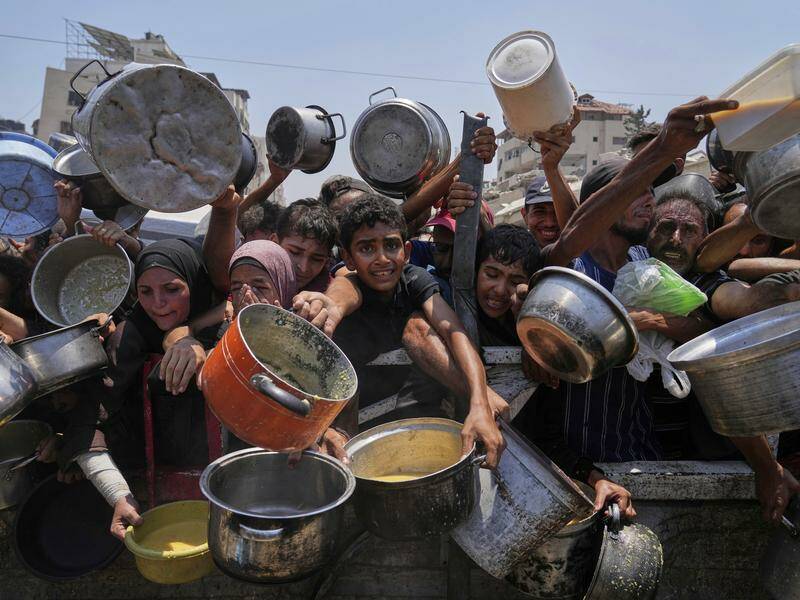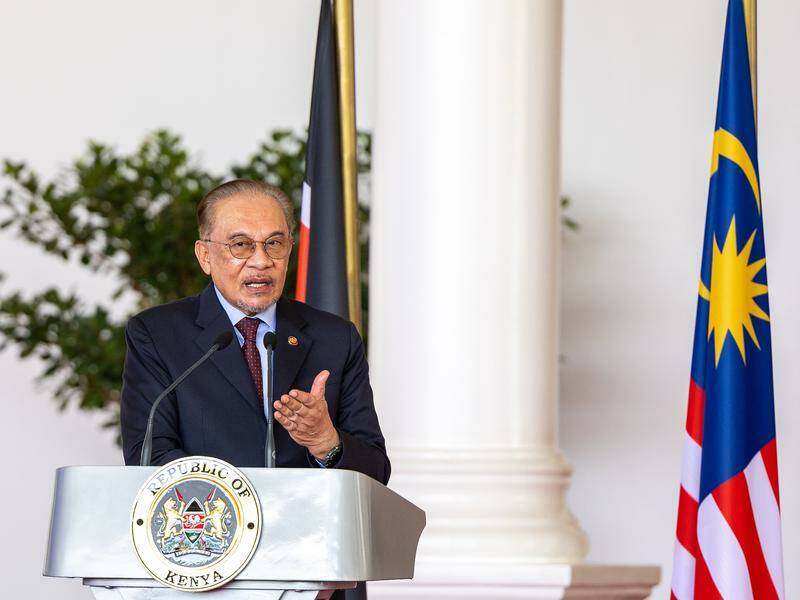
The Gaza Strip is officially experiencing famine, according to a report from the Integrated Food Security Phase Classification (IPC), a leading authority on global food crises. This alarming declaration highlights the urgent humanitarian situation in Gaza City, where hundreds of thousands of Palestinians are affected. Without a ceasefire and the lifting of restrictions on humanitarian aid, the IPC warns that the crisis is likely to spread to other areas, including Deir al-Balah and Khan Younis, by the end of September.
This determination follows months of warnings from various aid organizations, which have reported that Israel’s restrictions on food and other assistance, coupled with ongoing military actions, have led to severe starvation among civilians, particularly children. The IPC’s findings mark the first confirmed instance of famine in the Middle East, intensifying international scrutiny on Israel as the conflict with Hamas continues.
The IPC reports that more than half a million people in Gaza, approximately a quarter of the population, are experiencing catastrophic hunger levels. The report indicates that many individuals are at risk of dying from malnutrition-related causes. The ongoing conflict, now in its 22nd month, has forced widespread displacement and severely disrupted food production, pushing hunger to life-threatening levels throughout the territory.
Israeli Prime Minister Benjamin Netanyahu has publicly denied the existence of hunger in Gaza, labeling reports of starvation as “lies” propagated by Hamas. Following the circulation of distressing images of malnourished children and reports of hunger-related fatalities, Israel announced measures to facilitate the entry of more humanitarian aid into Gaza. Yet, representatives from the United Nations and local Palestinian organizations argue that the volume of aid currently reaching Gaza remains significantly inadequate.
The Israeli military agency responsible for overseeing aid transfers, known as COGAT, has dismissed the IPC report as “false and biased.” The agency contends that substantial efforts have been made to increase the amount of aid entering the region in recent weeks, claiming that over 100,000 trucks of aid have crossed into Gaza since the onset of the conflict.
In stark contrast, Chris Newton, an analyst with the International Crisis Group, emphasized the severity of the situation, stating, “A rapidly increasing number of people, especially young children, are dying preventable deaths from starvation and disease because Israel made starvation a core part of its campaign to control the strip.” Newton criticized Israel’s military escalation plans in Gaza City, arguing that they reflect a deliberate strategy linked to the famine crisis.
Netanyahu has asserted that increased military action is necessary to achieve Israel’s objectives, which include the rescue of hostages held by Hamas and the dismantling of the militant group. As the situation evolves, the humanitarian implications of the ongoing conflict in Gaza remain a pressing concern for the international community.







